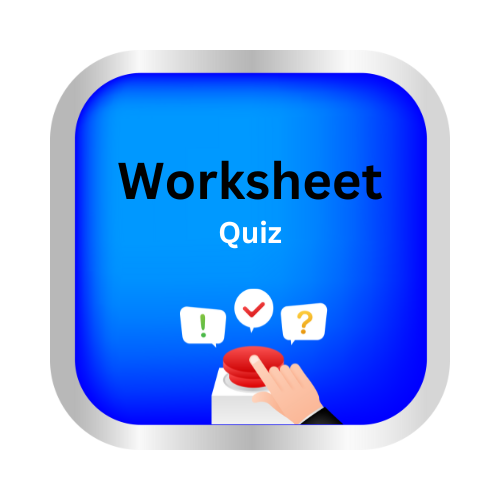Identify the simple subject or predicate of a sentence
Key Notes:-
✨ Identify the Simple Subject or Predicate of a Sentence
| What is a Subject? |
The subject tells us who or what the sentence is about. 🧑🐶🍎
The simple subject is the main word in the subject. ✅
Example:
- The cat sleeps on the mat.
- Simple Subject → cat 🐱
| What is a Predicate? |
The predicate tells us what the subject does or what happens. 🏃♂️💨💡
The simple predicate is the main verb in the predicate. ✅
Example:
- The cat sleeps on the mat.
- Simple Predicate → sleeps 💤
| How to Find the Simple Subject |
Ask “Who or what is the sentence about?” ❓
The answer is usually the simple subject.
Example:
- The children play in the park.
- Simple Subject → children 👧👦
| How to Find the Simple Predicate |
Ask “What is the subject doing?” or “What is happening?” ❓
The answer is the simple predicate (verb).
Example:
- The children play in the park.
- Simple Predicate → play ⚽🎨
| Quick Tips 🌟 |
- Subject = who/what 🕵️♀️
- Predicate = action or state ⚡
- The simple subject is usually one word.
- The simple predicate is usually the main verb only.
- Ignore extra words like articles (a, an, the) or descriptions when finding the simple subject.
| Fun Practice Examples 📝 |
The dog barks loudly.
- Simple Subject → dog 🐕
- Simple Predicate → barks 🗣️
My little brother is reading a book.
- Simple Subject → brother 👦
- Simple Predicate → is reading 📖
Birds fly in the sky.
- Simple Subject → Birds 🐦
- Simple Predicate → fly ✈️
Let’s practice!

